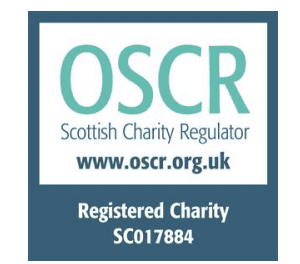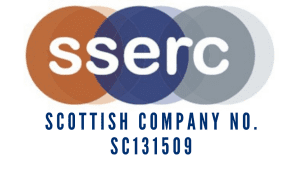
Through the study of DNA and the genome, this Unit explores the molecular basis of evolution and biodiversity. The universal nature of DNA as the information storage molecule is emphasised, while relevant differences in the organisation of DNA between prokaryotes and eukaryotes are highlighted. The link between the precision of replication of DNA and the complementary nature of DNA bases is central to the understanding of both DNA replication for cell division and the in vitro replication technology of PCR.
Metabolism is the network of connected and integrated pathways with its reversible and irreversible steps and alternative routes. The control of metabolic pathways is essential to cell survival.
Our human population is dependent upon sufficient and sustainable food production from the harvest of a narrow range of crop and livestock species. The importance of both plant productivity and the manipulation of genetic diversity in maintaining food security is emphasised. Many individual organisms are also interdependent, whether as symbiotic partners or as members of a social group. Biodiversity studies attempt to catalogue and understand the human impact on patterns of diversity and extinction in our biosphere.
As part of this unit, dissection of Salmon as part of wider discussions could take place. A good protocol for this can be found here.
Data Sets
We have gathered together a number of data sets using standard protocols. Access the data sets and associated files here.




